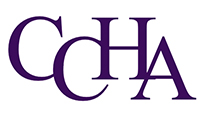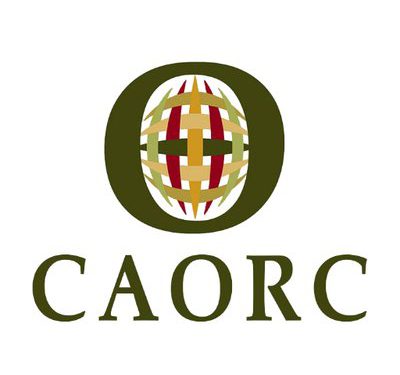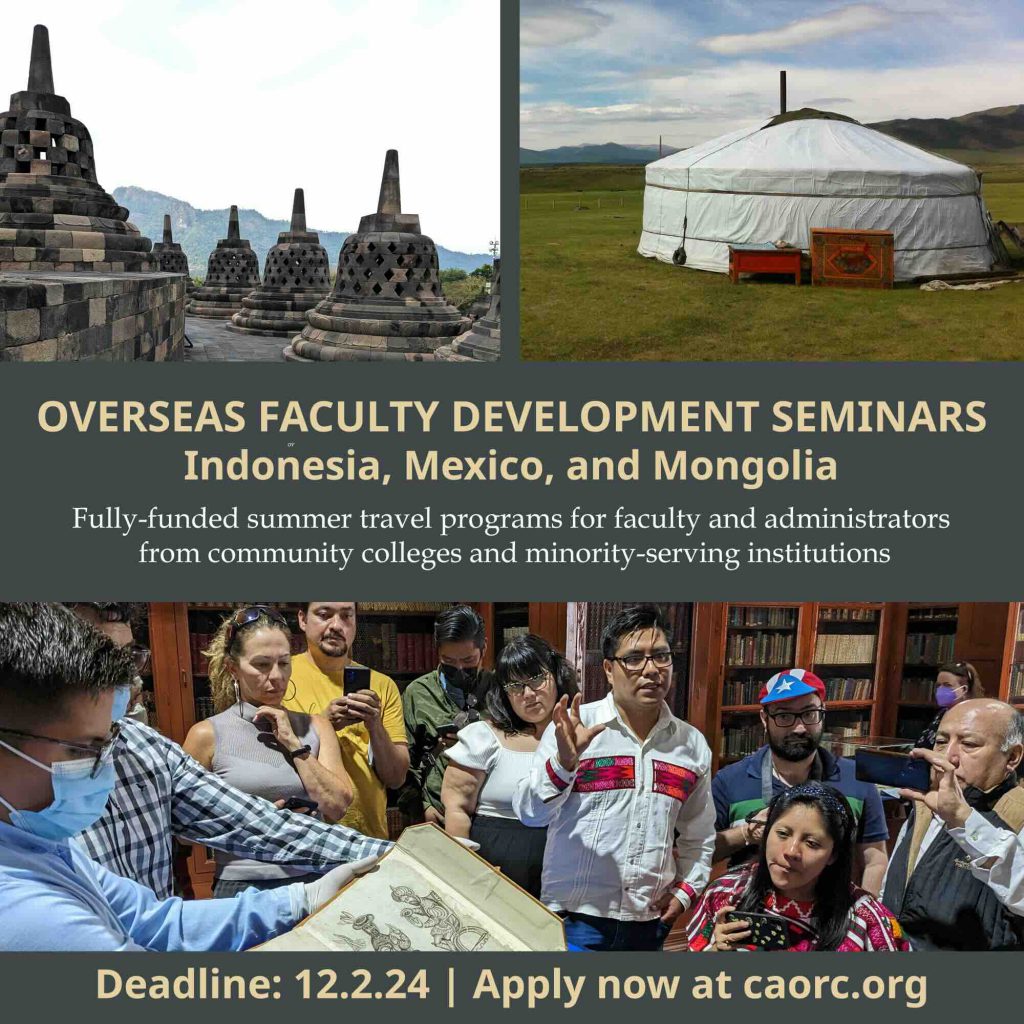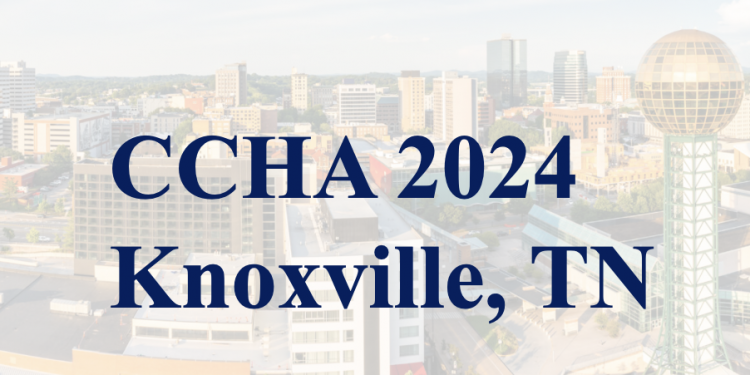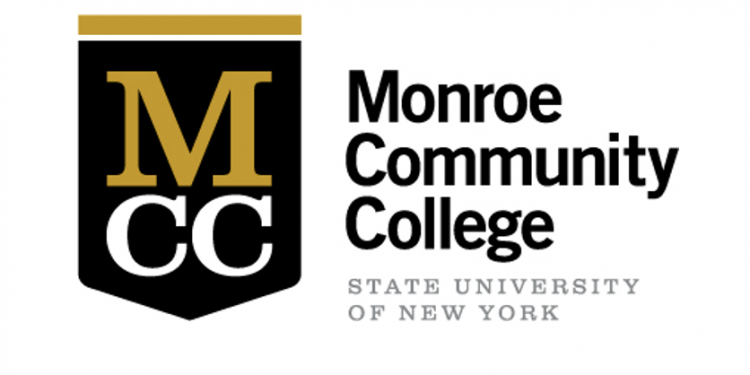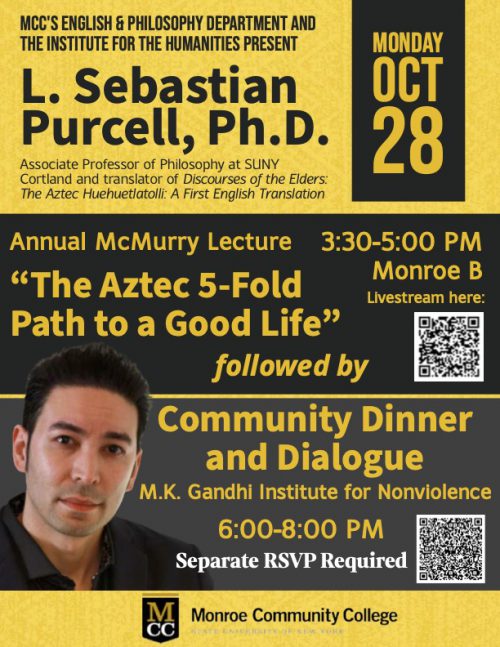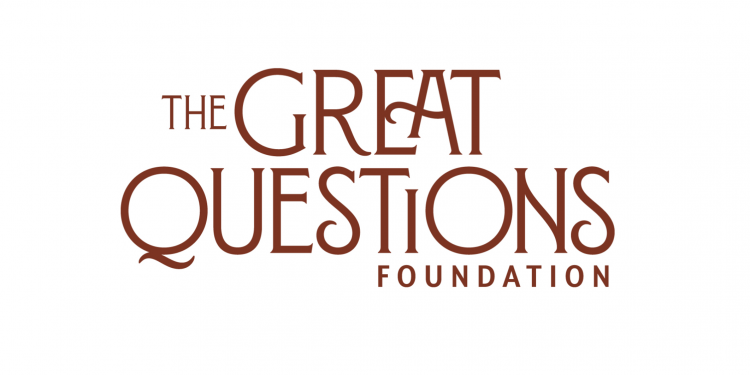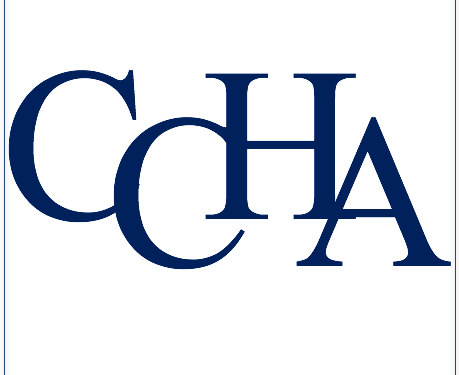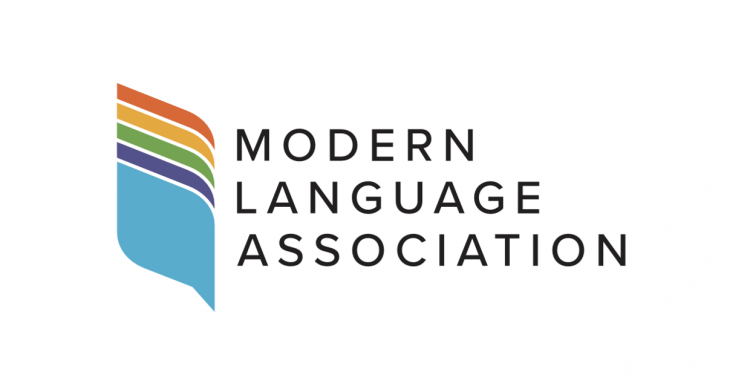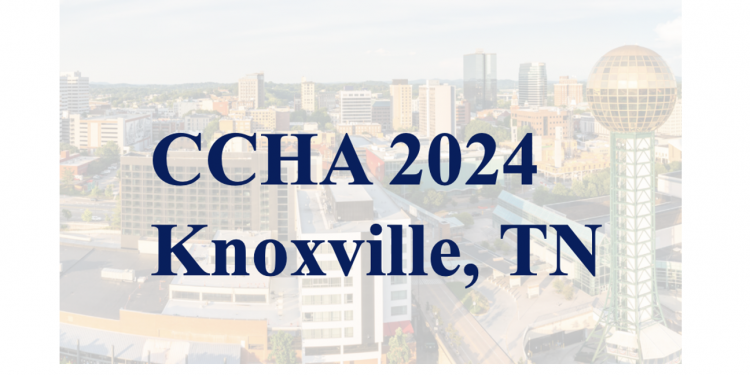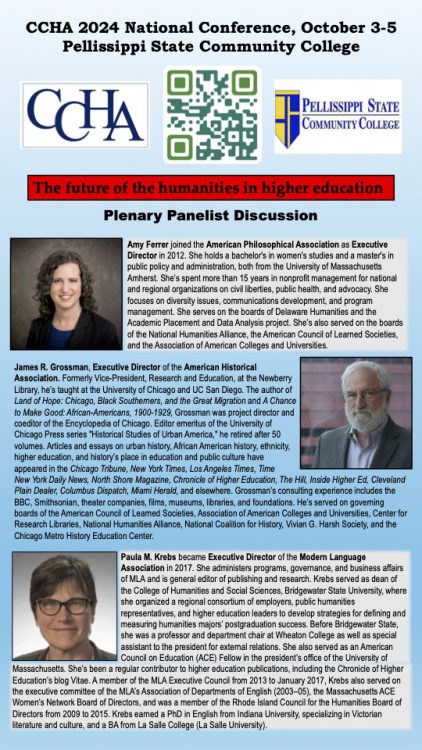A word about Tennessee from CCHA Executive Director Andrew Rusnak:
A very small minority of humanities faculty has recently expressed some concern about holding National CCHA Conferences in cities and states that they perceive to have, let’s just say, political track records not very conducive to the sensibilities we advocate as humanities professors. The selection process for CCHA national conferences is somewhat arbitrary and relies heavily on those who graciously step-up, volunteer their campuses, their very limited time and energy, and their fellow colleagues to navigate the infinite logistics that go into planning a national event where Murphy’s law always seems to dominate. For this we should be very grateful. Last year we were in Austin, and this year we are in Knoxville. I can’t tell you how gracious, knowledgeable, and understanding the community college humanities administrators and professors who teach there are. I certainly learned a great deal working closely with them, and I hope we established long-term friendships. These fellow faculty colleagues and champions of the humanities live and work in cities and states that promote culture and policies that may or may not jive with the thinking of many of the rest of us. But there is no way, in my mind, they should be in any way punished for that, and we should not turn our backs on them. Anyone who does I would submit, does not understand the full depth of “humanities thinking.” We should in fact, pull over and see if they are ok, we should be eager to understand their challenges and strategies. We should celebrate alongside them the creative and analytical approaches they take to hold onto academic freedom in what may be a challenging environment, to develop curriculum that they determine is critical, and the inordinate amount of energy they spend nurturing their students to appreciate the power that comes from knowing history, being politically informed and aware, and being able to think and write well. This profession, our profession, is highly contingent on being creative and exchanging ideas with each other. It cannot survive if we are not “a part of the main,” for “No [humanities prof] is an island.”
The process of gathering to proclaim what we do, to exchange ideas, to develop strategies or just talk shop, promotes the spirit of ethical integrity, no matter where it takes place. Professors who work in states with politics you may not agree with want the same for their students that you want, to be champions of professional, social, and civil success. If you think you are going to punish someone or something by boycotting CCHA’s venue, or any society’s or association’s conference, because it’s in a state with a current politically challenging environment, think of the hotel and restaurant workers, the Uber drivers, the shop owners, the young entrepreneur who is trying to start a bicycle or kayak city tour business, or a food truck that sells Mexican, Asian, African, or Middle Eastern food, or an art gallery that celebrates local artists, a coop, or bookshop, or whatever, all of which exists in Knoxville … think of all those who are trying to scratch out an income and create a productive and safe space, a culturally diverse and vibrant space, in which to live and work. It’s no different in your own hometown. We humanities faculty should be champions, champions of tolerance and understanding, we should speak up and push back on what we believe is wrong, but let’s be sure our focus is sharp and that we are not overlooking those who may be on the frontlines of advocating for a better world just because we want to make some noise. Not all of us are in a position to be able to choose where we live.
Come meet the faculty of Pellissippi State Community College, come meet the city of Knoxville. Let’s exchange ideas. We are centrally located in the heart of the city this year so you will have pedestrian access to just about any restaurant, pub, museum, bar, music etc … you want. Pull over. It’s time to learn about each other.
Information on the 2024 National Conference, including registration, can be found at this link.
